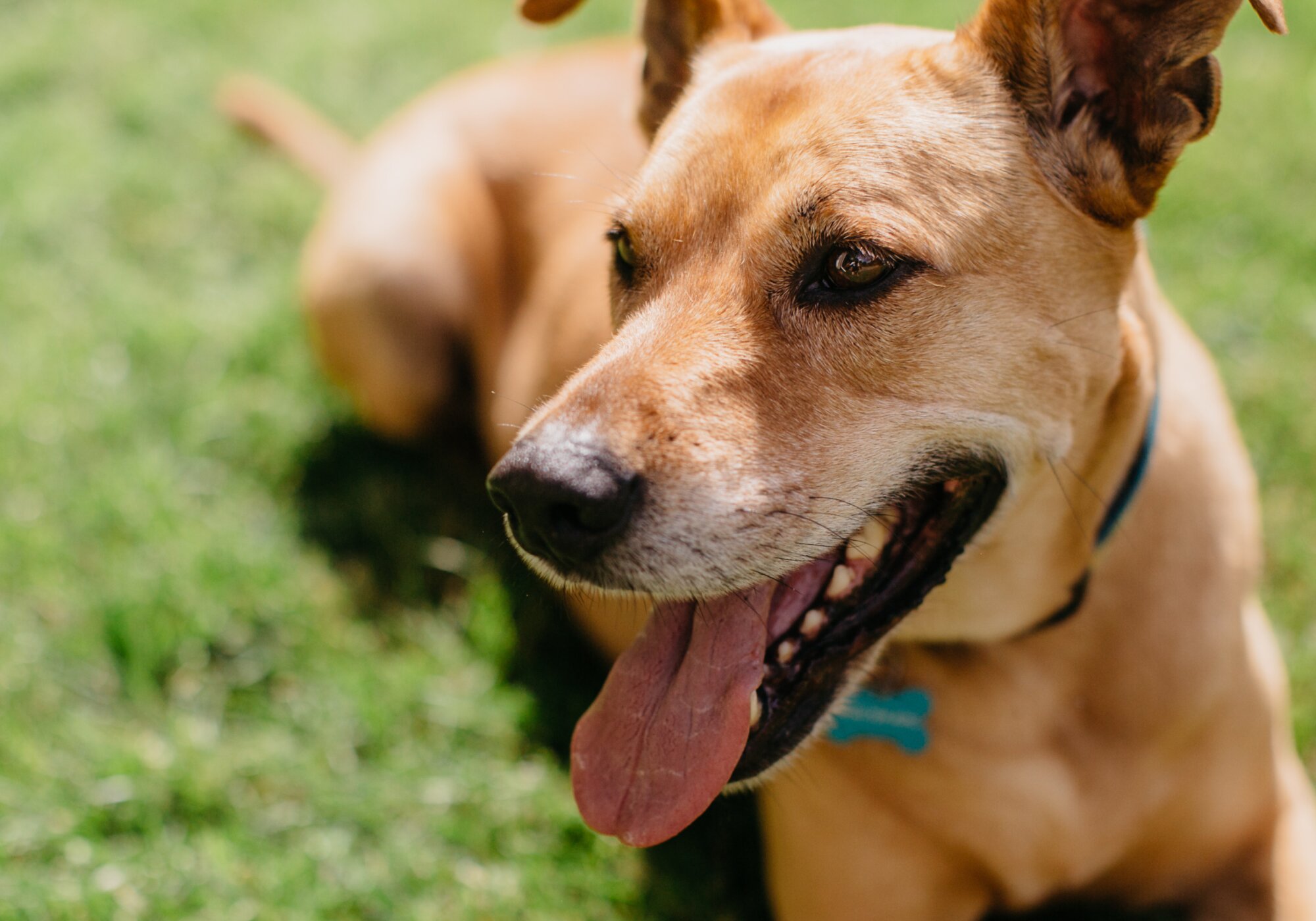You might know the importance of vitamin D for your own diet, but what about your pets? Vitamin D is one of many essential vitamins and minerals for the health and wellness of your dog.
In this article we'll cover:
- What is vitamin D
- Why it matters and the benefits of vitamin D for dogs
- The right amount you should be giving your pup
What is vitamin D
Vitamin D is a fat-soluble vitamin associated with exposure to sunlight and is often referred to as the "sunshine vitamin." Unlike humans, dogs aren't able to convert sunlight to vitamin D in the same way. So, they need a little extra help with their vitamin D consumption.
Functions of vitamin D for dogs
The primary purpose of vitamin D is to maintain calcium levels in the body. This is also called calcium homeostasis. Vitamin D helps in the absorption of calcium needed for strong bones.
Another similar function of vitamin D is phosphorus homeostasis. Calcium and phosphorus both support bone and muscle growth and function.
They also help:
- Ensure muscles receive enough blood to work properly
- Rebuild bones after injury
- Keep teeth healthy and strong
- Boost your dog's immune system
- Improve vision and eye health
- Improve kidney function
Forms of vitamin D for dogs
Vitamin D comes in two primary forms — vitamin D2 and vitamin D3. The primary difference is the source of each type — animals vs. plants.
Vitamin D2 (ergocalciferol)
Vitamin D2 is a plant-based source of vitamin D and includes fungi and yeasts.
Vitamin D3 (cholecalciferol)
Vitamin D3 is an animal-based source of vitamin D. This form of vitamin D is twice as effective at raising levels in the bloodstream.
Each type has unique properties that benefit your dog's health. Dog foods typically cover the amount of vitamin D needed for healthy dogs. But, if you are looking for other natural food sources, here are some safe options for your pup.

Natural food sources of vitamin D:
- Salmon
- Liver
- Eggs
- Yogurt/Kefir
- Cheese
- Fish
- Beef
- Squash
Is vitamin D bad for dogs
Even good things can become bad if your dog has too much. The same holds true for vitamins. Too much vitamin D can result in toxicity or poisoning, while too little can lead to deficiency.
Maintaining the right levels of vitamin D is important — and you'll usually be able to tell within a day or two.
Signs of vitamin D deficiency
A vitamin D deficiency usually means your dog has low levels of calcium and phosphorus. This can cause:
- Bone and muscle weakness
- Congestive heart failure and disease
- Hair loss
- Lethargy and tiredness
Vitamin D deficiencies are usually rare in adult dogs. But, if you suspect your dog has insufficient amounts of vitamin D, it's best to gain veterinary advice right away.
Signs of vitamin D toxicity
In the same way that too little vitamin D can be harmful to your dog, so can too much. If your pet consumes too much vitamin D, it can be toxic to their health.
Vitamin D toxicity or poisoning can occur if your pet consumes:
- Rat/mouse poison
- Topical psoriasis medication
- Pet foods with too much vitamin D
If your dog receives too much vitamin D they may suffer from a condition called hypercalcemia. This occurs when your dog experiences elevated calcium levels in the body.
Clinical signs of vitamin D poisoning:
- Muscle, intestine, or kidney failure/damage
- Seizures or muscle twitching
- Induce vomiting, diarrhea, or constipation
- Excessive drinking and urination
- Slowed or abnormal heart rate
- Strained breathing
- Weight loss or loss of appetite
If your dog exhibits any life-threatening signs of vitamin D toxicity, contact your DVM right away. Your veterinarian can perform a blood or urine test.
This will help them find out if your dog has a deficiency or surplus of vitamin D. They can also recommend treatment for dealing with excess vitamin D in the body.
Benefits of vitamin D for dogs

Vitamin and mineral intake is important for pet owners to know about when taking care of their pets. Providing enough vitamin D for dogs can lead to several benefits, including:
- Bone growth
- Bone and joint repair
- Heart disease prevention
- Kidney disease prevention
VET TIP:
If you suspect your dog has a vitamin D deficiency or has received too much vitamin D, get veterinary help right away. Your veterinarian can help find out if your pet is at risk of future problems.
What is the right amount of vitamin D for dogs
Dogs need vitamin D to stay strong and healthy. No matter what form of vitamin D you provide your dog, their daily intake shouldn't exceed 0.1 mg/kg. Most commercial dog food contains the right amounts of vitamin D needed.
But, if you find out that your dog has low levels of vitamin D, then they may be deficient and need supplements.
Types of vitamin D supplements
There are many alternatives to supplement a dog's diet — but, not all vitamin D supplements are the same.
Here are a few types of vitamin D supplements for dogs.

Powders & Liquids
Vitamin D supplements often come in the form of a liquid or powder that you can add to your pet's diet. Most dispensers contain droppers that allow you to easily apply the supplement to dog food. But, it can be difficult to administer the right amount to your dog’s food.

Tablets
Just like human vitamins, dog supplements often come in the form of pills or tablets. These are great solutions for regulating the right amount of vitamin D for pets. But, this may be challenging if your dog doesn't take pills well.

Soft chews
One great alternative to tablets is the soft chew version of vitamin D supplements. There are tasty options out there that seem like just another treat for your dog. Some soft chews are all-in-one multivitamins that contain other vitamins and minerals your dog needs.
VET TIP:
Choose a vet-quality multivitamin so your dog gets the right amount of vitamin D every day. PetFriendly has a variety of wellness products from Daily Supplement for Dogs — a tasty soft chew that supports bone and joint health to flea and tick treatment.


